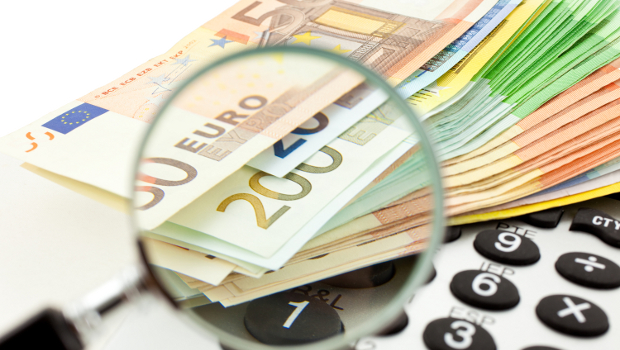
Not quite death and taxes
I’m trying to remember if anything interesting happened in 2016. Oh yes, there was that referendum in the UK, something about the EU. And a guy with orange hair was elected as president of the US. But apart from that, not much else happened.
What’s that? Apple? Something happened with Apple? It launched the iPhone 7? No, not that. Air pods? Not them either. What then? Oh, the tax case. The one involving Ireland. The one with the €13 billion. To be honest, I’d forgotten all about it. And then, last month, it came back to prominence again when Apple and the Irish government went to the General Court in Luxembourg to try and get the European Commission’s original decision overturned.
The case was launched in 2014 when the EC stated: “According to Article 107(1) of the Treaty on the Functioning of the European Union (TFEU), state aid which affects trade between Member States and threatens to distort competition by favouring certain undertakings is in principle incompatible with the EU Single Market. Selective tax advantages may amount to state aid.”
You may recall that the EC ruled two years later that the Irish government had been guilty of providing a selective tax regime for Apple that amounted to illegal state aid. It argued that gave Apple an unfair advantage over competitors with sweetheart deals that allowed the manufacturer to pay minimal taxes on income from European sales funnelled through subsidiaries in this country. The EC claimed Apple’s tax rate in Ireland between 2003 and 2014 declined from 1% to 0.005% and estimated the amount owed to the state in unpaid taxes was €13 billion.
Fundamentally flawed
Last month, Ireland’s former attorney general Paul Gallagher argued the decision was “fundamentally flawed” and claimed “the Commission did not identify a single instance where a tax payer was treated less favourably than Apple”. I’m sceptical that many tax payers would agree with that latter statement. In fact, there are probably quite a few Irish companies that would struggle to agree with it.
Anyway, for its part, Apple’s lawyer Daniel Beard argued that the company’s branches in Ireland “could not be responsible for generating almost all of Apple’s profits outside the Americas”. But I have to admit to being puzzled by the argument as I always thought that was precisely the point behind the company’s strategy of funnelling sales and profits through subsidiaries in Ireland that were subject to much lower rates of tax than those in other countries. The other countries where it sold most of its products and made most of its profits.
The argument now is that Apple always planned to pay taxes in the US when it repatriated its profits back home, it was just taking a long time to do so. To be fair, a lot of other US companies hoarded profits overseas because they didn’t want to pay the 35% corporation tax applicable if they brought them back to the US. Instead, they tended to wait and agitate for a tax amnesty that would allow them to bring that money back without the hassle of paying tax on it. As happened in 2004.
Paying for Apple’s taxing issue
So Apple has been holding its profits overseas in a bank account in Jersey (apparently), which doesn’t tax corporate income, having moved the money there from Ireland. It lobbied then President Barack Obama to introduce another tax amnesty but he refused to implement it. The orange haired guy who followed him, however, came up with a different wheeze that reduced corporation tax from 35% to 15.5% and Apple has since announced that it will repatriate its overseas cash, which is estimated at around $250 billion.
In the meantime, having agreed to pay $38 billion in tax to the US government, Apple continues to fight against the EC’s ruling that it should pay €13 billion in tax to Ireland. And the Irish government continues to wholeheartedly support Apple’s efforts to resist stumping up the cash. In effect, the government’s representatives are essentially arguing in court: “We don’t want your stinking money.” At least they’re being consistent because they have never seemed to want it over the years since the first deal with Apple which was struck in 1991.
They probably won’t need to take Apple’s money for at least another year or two because the case is unlikely to be resolved either way before then. While we’re waiting, I can’t help wondering how many of those ordinary tax payers and Irish SMEs who haven’t been treated less favourably than Apple would have the government fighting their corner if revenue came after them looking for unpaid taxes?







Subscribers 0
Fans 0
Followers 0
Followers